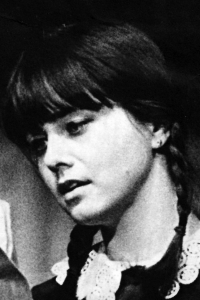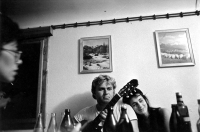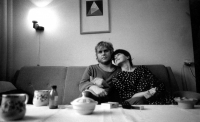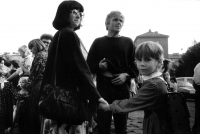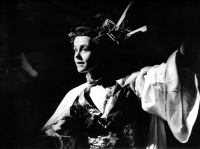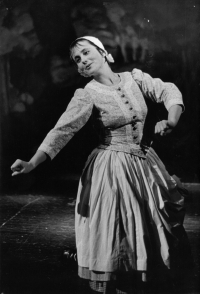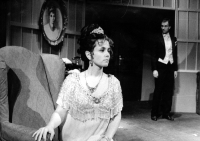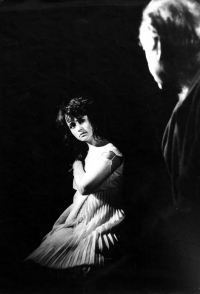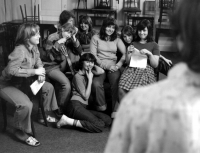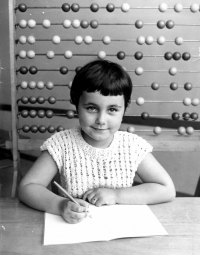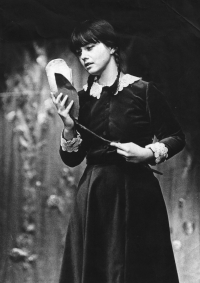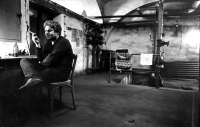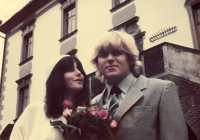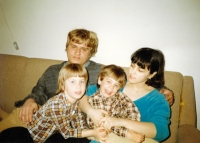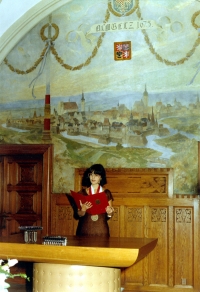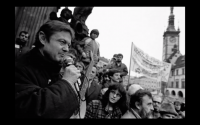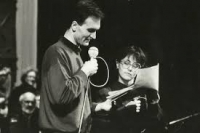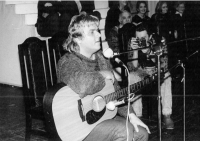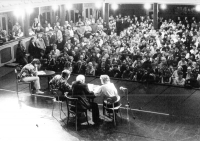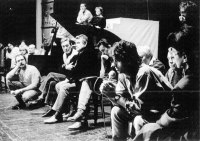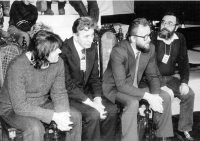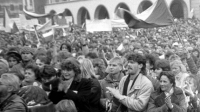Nejdůležitější je čisté svědomí
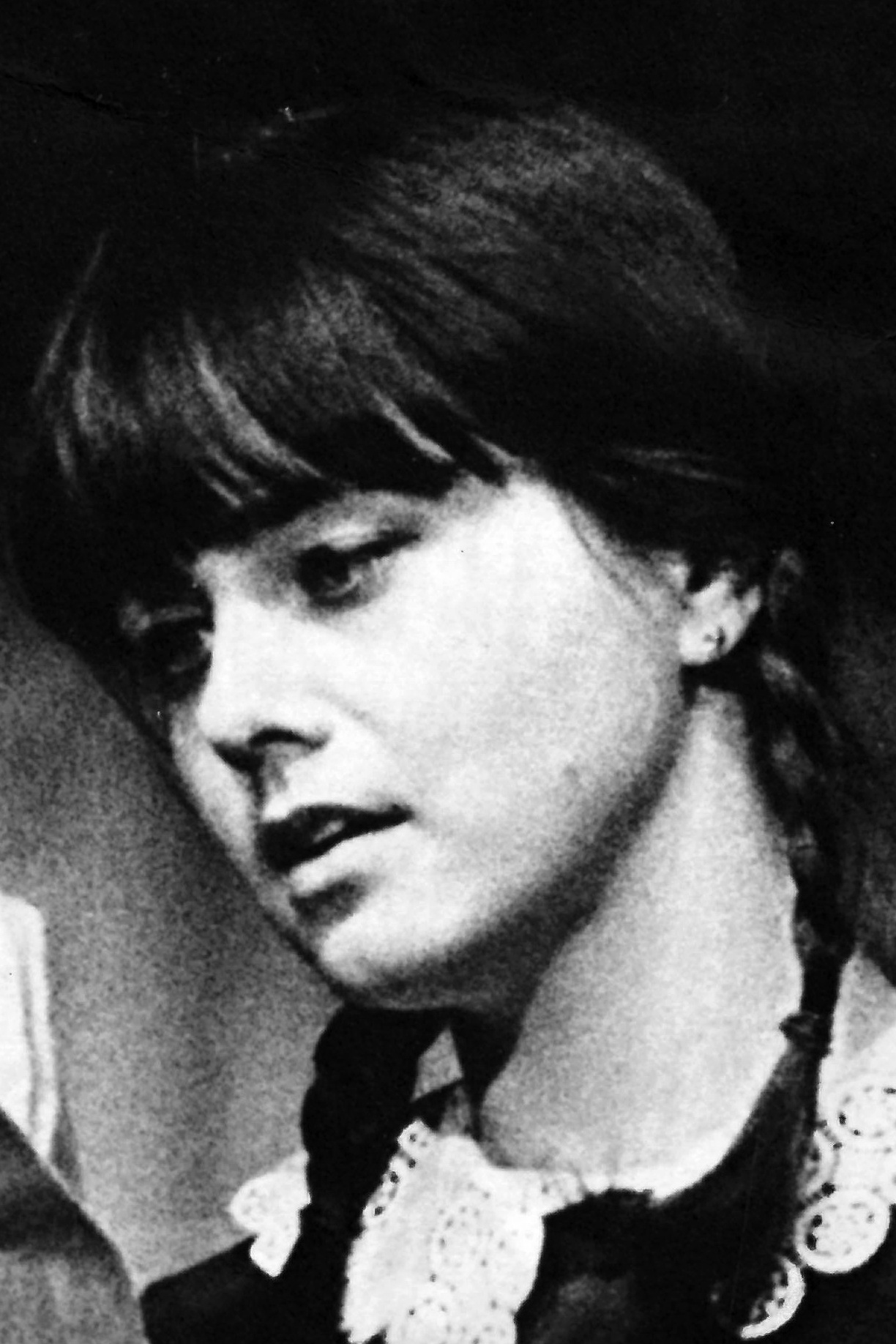
Download image
Ivana Plíhalová, za svobodna Dufková, pochází z Brna. Narodila se 28. října 1962. Matka byla zdravotní sestra, otec novinář. Pracoval jako kulturní redaktor deníku Rovnost, při politických prověrkách po okupaci vojsky Varšavské smlouvy byl vyloučen z KSČ a vyhozen z místa. Poté působil jako sportovní redaktor Lidové demokracie a po roce 1989 byl šéfredaktorem brněnské redakce deníku Svobodné slovo. Ivana vystudovala konzervatoř v Brně. Po maturitě získala angažmá v tehdejším Státním divadle Oldřicha Stibora v Olomouci. Provdala se za folkového zpěváka Ivana Plíhala, se kterým má dvě děti. K blízkým přátelům její rodiny patřil písničkář Jaromír Nohavica. Od února roku 1989 sbírala podpisy pod petici za propuštění Václava Havla z vězení a poté rozšiřovala dokument Několik vět. V listopadu 1989 byla jednou z organizátorek stávky divadelníků v Olomouci. Angažovala se v Občanském fóru. Po volbách v roce 1990 byla zastupitelkou za Občanské fórum a předsedkyní kulturní komise. V olomouckém divadle vytvořila stovky rolí, spolupracovala také s Českým rozhlasem. Za postavu Boženy Němcové ve hře Dávno, dávno již tomu, byla nominována na cenu Thálie.


